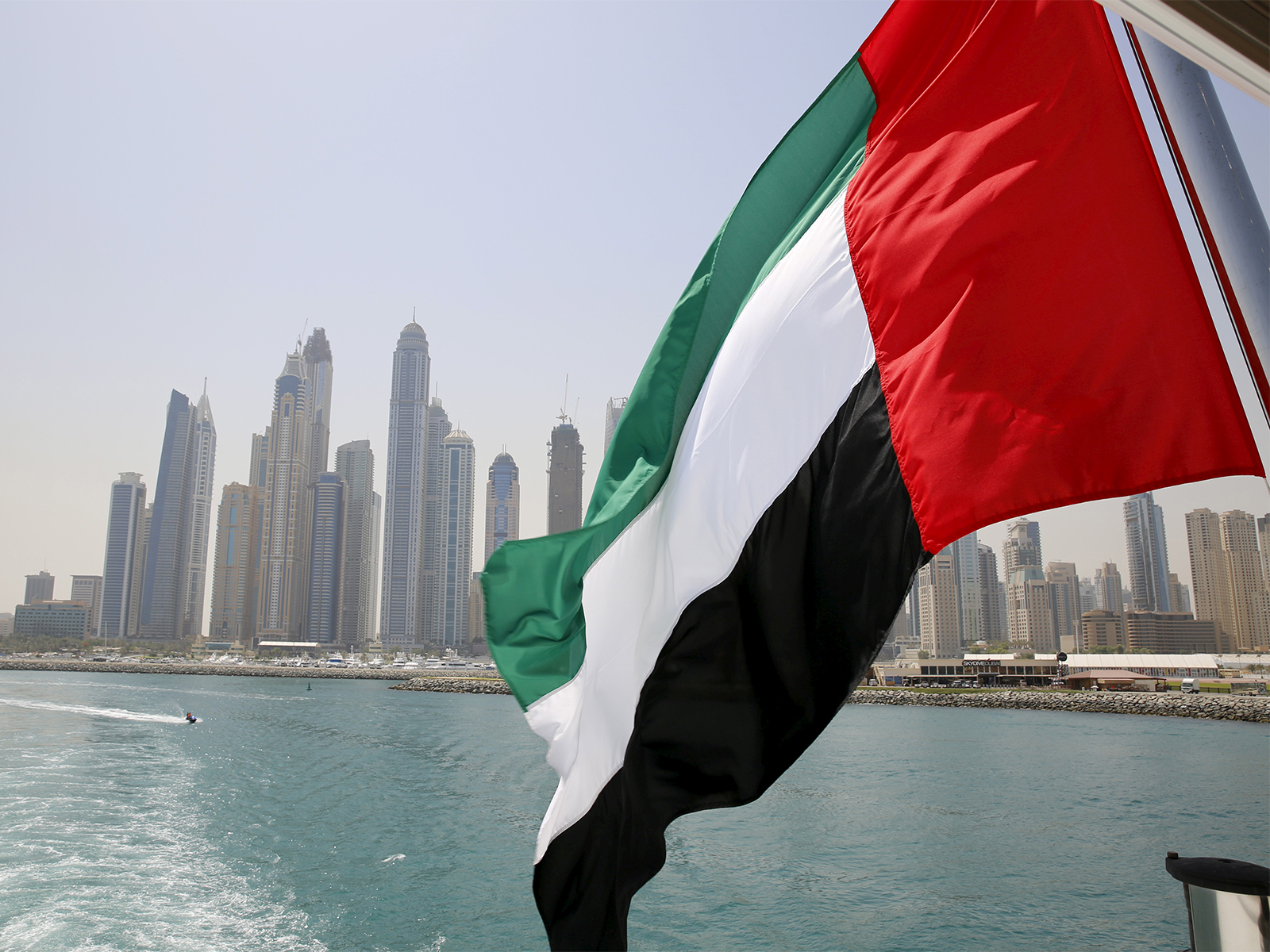
Abu Dhabi [UAE], October 25 (ANI/WAM): The UAE continues to consolidate its global position in food security and sustainable food systems through strategic projects and innovative initiatives that combine technology, investment and financing.
These efforts aim to build an integrated food sector that enhances the nation’s competitiveness both regionally and internationally.
These initiatives are advancing through close cooperation between the public and private sectors under a national vision that seeks to achieve self-sufficiency and strengthen the resilience of food supply chains.
In Abu Dhabi, the food and beverage sector has witnessed record growth, underscoring the emirate’s standing as a leading regional hub for the food industry. According to the Abu Dhabi Chamber of Commerce and Industry, the number of active memberships in the sector has risen to 24,594.
Data from the Chamber showed that the food sector has become increasingly attractive to small and medium-sized enterprises and start-ups, with the first half of 2025 recording a 42.2 percent increase in new memberships compared to the same period in 2024.
Dubai is home to a range of innovative agricultural projects and accelerators and has emerged as a global leader in food trade, supported by its advanced infrastructure and strategic geographical location, which make it a key hub for food movement between continents. The emirate’s integrated logistics ecosystem further enhances its role as a global centre for food trade, accelerating supply chains and ensuring efficiency.
Jebel Ali Port, the largest in the Middle East, handles around 73 percent of the UAE’s food and beverage trade by value, linking companies to more than 150 ports worldwide and ensuring smooth and secure global food trade operations.
In terms of financing, several national institutions are supporting this effort, including Emirates Development Bank, which launched the UAE’s first AgriTech financing programme in mid-2023. The bank allocated a fund worth AED100 million to support vital food security projects, fostering innovation in agricultural technology and empowering start-ups in this critical sector.
Saleh Lootah, Chairman of the UAE Food and Beverage Manufacturers Group under Dubai Chamber, told the Emirates News Agency (WAM) that the UAE has become one of the world’s most advanced nations in food security, thanks to the visionary leadership and Dubai’s pivotal role as a regional hub for food re-export.
He said the private sector plays an active role through entrepreneurial initiatives and ongoing collaboration with government entities, noting that post-COVID-19 years witnessed a significant strengthening of public-private partnerships that have reinforced the UAE’s position in this vital field.
Lootah highlighted the Food Cluster Economy initiative launched by the Ministry of Economy and Tourism, describing it as a “transformational step” that enables the private sector to lead development in legislation, initiatives and projects.
He explained that the initiative integrates all stakeholders into a comprehensive ecosystem encompassing farms, factories, supply chains and retail, promoting a “win-win” approach that benefits all parties and strengthens national competitiveness.
He added that such clusters play a key role in achieving self-sufficiency and boosting the UAE’s competitiveness as a regional food security hub, with a focus on addressing challenges in each specialised sector–agriculture, manufacturing or distribution–through capacity-building, innovation, foreign investment attraction and the preparation of qualified national talent to lead the sector in the future.
Ahmed Al Shaibani, Director of Food Tech Valley, described the initiative as a strategic partnership between Wasl and the Ministry of Climate Change and Environment, serving as an integrated platform for developing agri-tech and food industries and providing an enabling environment for local and international food enterprises.
Speaking to WAM, he said the project represents one of the core pillars of the National Food Security Strategy 2051, establishing a comprehensive value chain from production to consumption to strengthen the resilience of the UAE’s food system and position the country as a regional innovation hub in the food sector.
He added that Food Tech Valley focuses on attracting global and regional companies seeking to expand in the food industry and linking them with partners along the value chain to achieve synergy and sustainable growth.
Al Shaibani noted that the project’s role extends beyond providing advanced infrastructure for factories and research centres, encompassing investment facilitation, innovative leasing and construction solutions, and coordination with relevant government and economic bodies.
He emphasised that recent years have seen a marked rise in the presence of local products in UAE markets, which were relatively scarce three or four years ago, now occupying prominent positions in major supermarkets and stores–reflecting the nation’s success in strengthening local production and boosting its competitiveness. (ANI/WAM)


